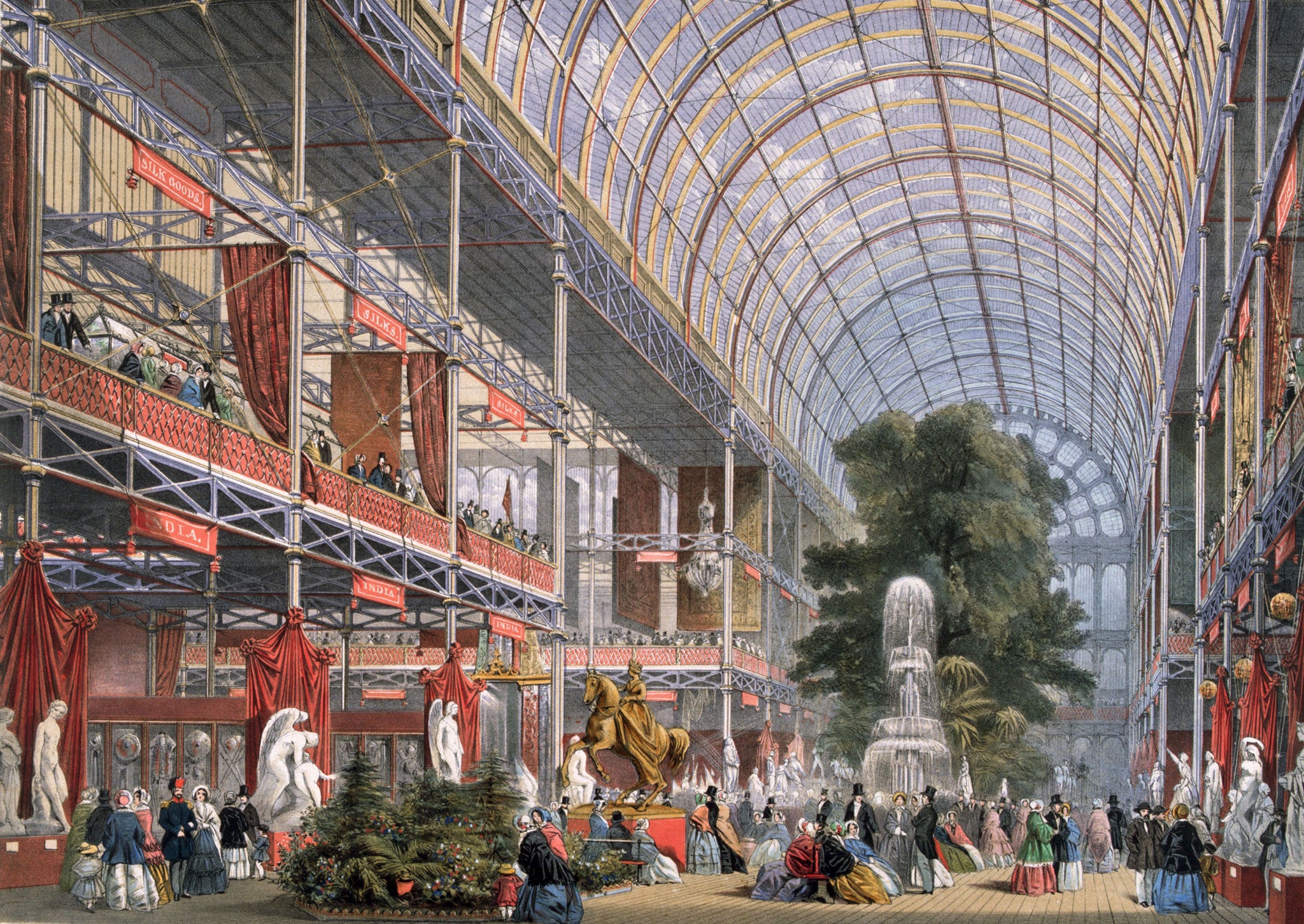Book review: The Memory Palace: A Book of Lost Interiors, By Edward Hollis
This historical study is also a fascinating instruction manual for ways of thinking about the past

Do we think much about where we are, and what a particular place might once have been? Or has the heritage industry effectively divvied up our recherche du temps perdu? If you drive north from Ipswich, you might think very little about the history of the villages or fields you pass through. But when you arrive at the National Trust operated Anglo-Saxon burial site at Sutton Hoo, history suddenly seems interesting, if not text-worthy. Edward Hollis's The Memory Palace is ostensibly a selective and often forensic history of interiors. But it is, more tellingly, a kind of instruction manual about ways of thinking about these histories. It's less a descriptive route-march through physical interiors, more a treatise about the mysteries of time and place.
Get this book at the discounted price of £18 from The Independent Bookshop or call 0843 0600 030
"The mind wanders from room to room," he writes, "from the cave in which we began to the [data] cloud we inherit today, each one of which represents a different mode of memory."
Hollis mixes the factual bran of history with the romance of the imagination to produce some delightfully atmospheric visions of the past; and he also gives us a short, sharp take on the future of history. His description of the mystic Stone of Scone gives a characteristic flavour of his writing: "The King would sit on it, and the spirits of his ancestors would swirl around him in the fresh Highland air… for a moment a territory would become a nation, a landscape a room, a man a king, and a piece of immovable building, for a moment, a piece of furniture." Hollis devotes a big chunk of the book to the history of the Kunstkammer, or cabinet of curiosities, created in the 17th century by the Holy Roman Emperor, Rudolph II. He plays hide-and-seek with historical facts, and we drift from tight focuses on specifics to musings on scientific history.
This chapter is riddled by shifts of subject matter across four centuries – Rudolph and his cabinet come and go like wraiths. He lists the curiosities, and they include "one [narwhal] horn, right long." Which duly suggests another exhibit: one curate, right eggy. Hollis occasionally, perhaps deliberately, over-layers his portrayals of times and places, but the only serious criticism that can be levelled at The Memory Palace is its editing, and the repeated facts and phrases. "There's always a beginning before the beginning," is repeated three times in four pages, for example.
However, Hollis gives us some brilliant illuminations: the chapter on Versailles is wonderful fusion of physical and metaphysical descriptions whose combinations of distinct facts and elegantly wrought fictions are as hypnotic as the scenes in Alain Resnais' 1961 film, Last Year in Marienbad. His chapter on the original Crystal Palace is the very model of a fact-fest. Sample: 827,280 people spent a penny to use the "India rubber tube water closets" during the Great Exhibition of 1851. And Hollis's coverage of television and cinema – two significant kinds of interior – are engrossing; his historical treatment of Gone With The Wind has the same riveting memorial quality as the eerie landscape of packing cases in the final scene of Citizen Kane.
In a short chapter, titled with Karl Marx's 1848 dictum, "all that is solid melts into air", the memory palace enters our current age, in which everything, including history, is for sale: a "transformation into filthy lucre" via the dominance of money and numbers – forgetfulness rather than memory. Edward Hollis tempts us, mostly charmingly, to remember the art of remembering.
Join our commenting forum
Join thought-provoking conversations, follow other Independent readers and see their replies
Comments